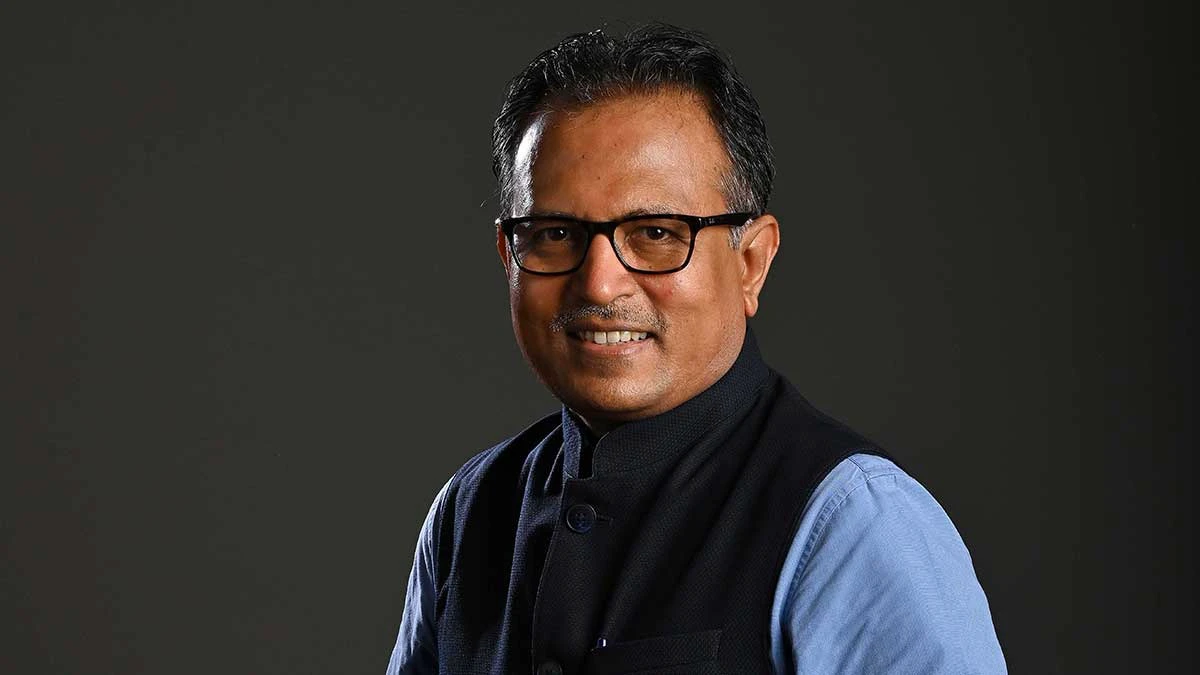GST reform isn’t just tax policy – it’s a multi-pronged economic catalyst, says Kotak Mahindra AMC MD Nilesh Shah, who hailed India’s latest GST rationalization as a timely Diwali gift that delivers “ek teer, kai nishaan.”
Shah took to X to endorse the GST Council’s decision to consolidate tax slabs and cut rates on small cars and two-wheelers, calling it a move that lowers inflation, boosts consumption, and supports growth – all while maintaining fiscal discipline.
“This Diwali gift of ₹48,000 crore is fiscally manageable at ~7 bps,” Shah wrote, referencing the limited budgetary impact of the tax cuts announced on September 1.
In addition to spurring consumer sentiment and improving ease of doing business, Shah argued the rationalization helps India absorb external shocks: “Rationalisation of GST will partially help offset the adverse impact of US tariffs in the quarters to come with increased consumption.”
He also praised the speed with which the GST Council acted. “Completing two days [of] GST council meeting in one day does show the urgency,” he noted.
Still, Shah didn’t ignore the risks. He emphasized the need for strict action against tax fraud and ongoing improvements in GST administration. “Leakages and fraud of GST need to be dealt with [an] iron hand,” he warned, adding that a feedback loop for process improvement must remain active.
In a sharp critique of financial behavior, Shah also highlighted a more insidious economic risk: “Savings misallocation happening through F&O speculation and double-your-money Ponzi schemes is making Indians quick money addicts. [It] costs more than four-five times the GST gift.”
